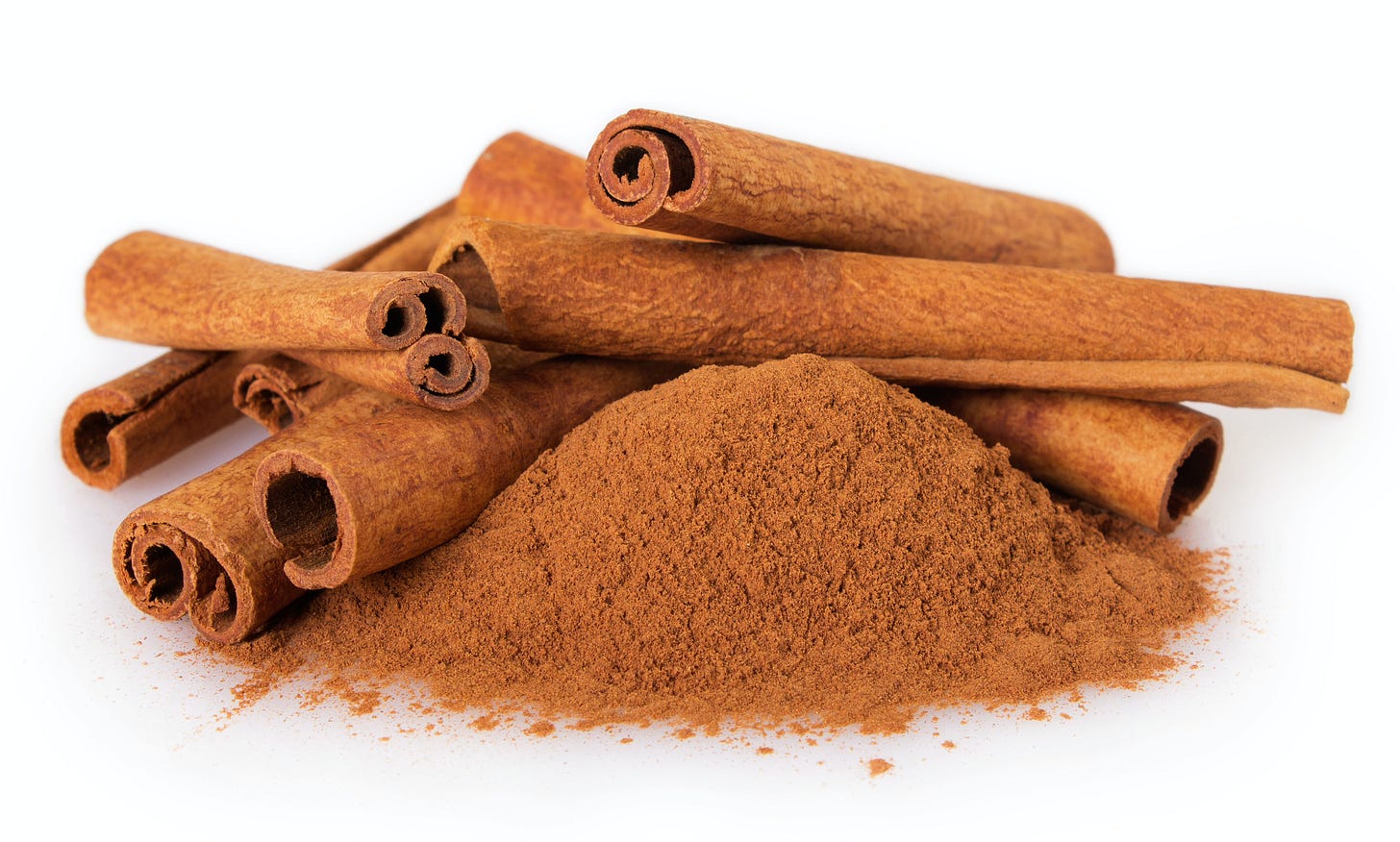Cinnamon and Its Health Benefits: A Comprehensive Exploration of Blood Sugar Regulation, Inflammation Reduction, and Collagen Integrity
Introduction
Cinnamon, a spice derived from the inner bark of trees belonging to the Cinnamomum genus, has long been celebrated for its distinct flavor and aroma. Beyond its culinary uses, this versatile spice has gained recognition for its potential health benefits. In this blog post, we delve into the dual perspectives of traditional Chinese medicine a…



